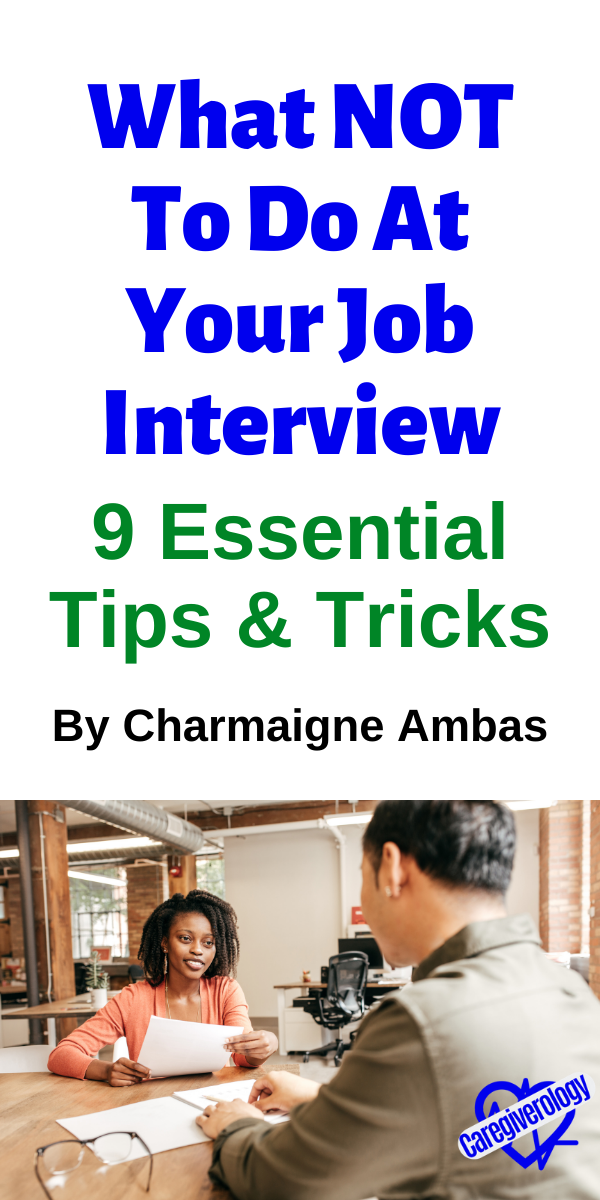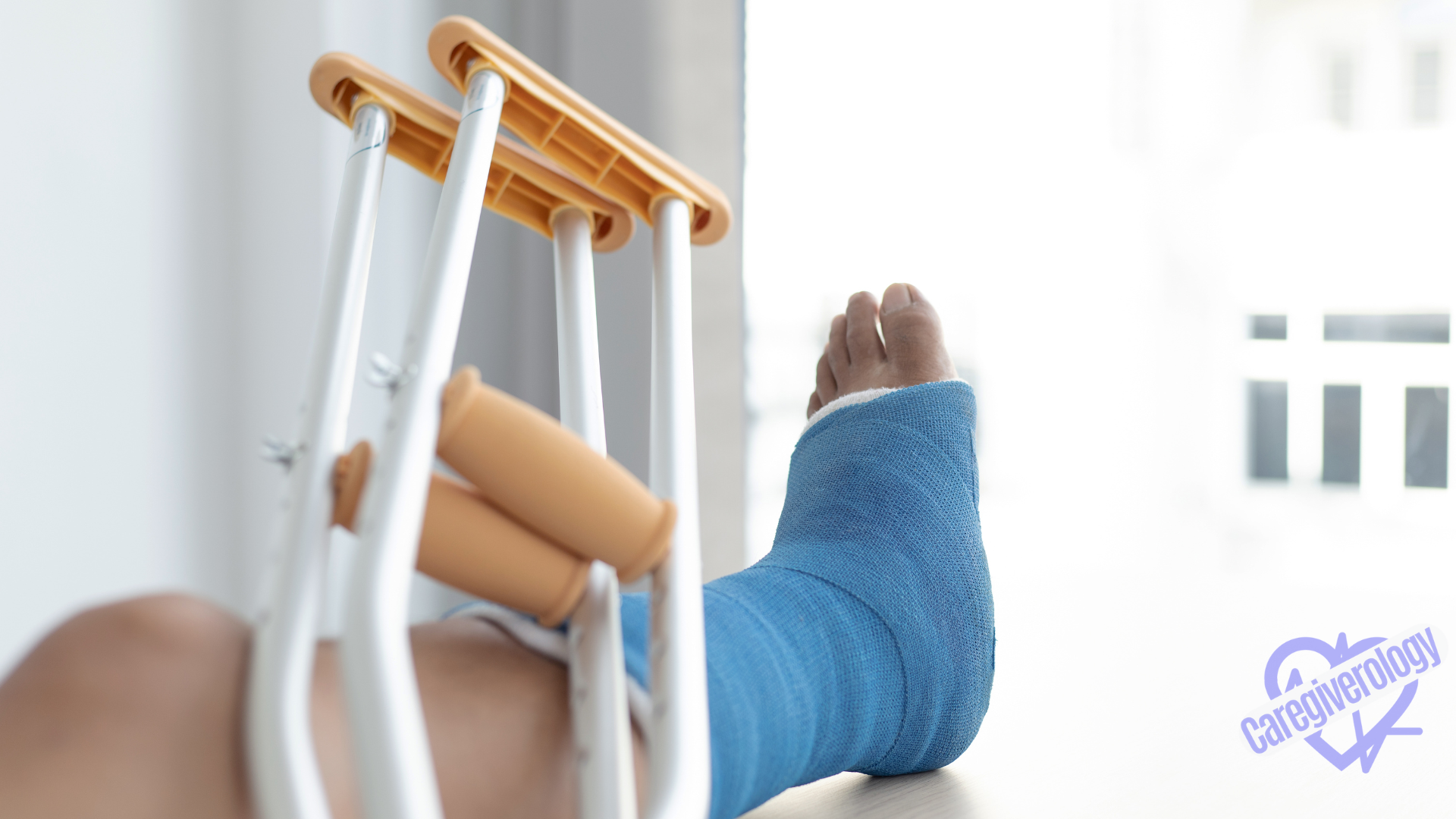What NOT To Do At Your Job Interview
Landing an interview is often the first step toward a new and exciting job. Getting the interview doesn't mean you're a shoo-in for the position, though. You still need to impress the people interviewing you and prove to the company that you're the best person to hire.
With that in mind, here's what not to do during your job interview.
1. Show up Late
Showing up a few minutes late, or worse, 30 minutes to an hour late to your interview sends a pretty loud message to the company. It tells the interviewer that you're not interested in the job and that you don't respect their time.
Aim to be five minutes early for your interview. Giving yourself that five minute cushion allows you a chance to settle in and catch your breath before things start. Allow plenty of travel time and just sit in your car or take a short walk before going in if you're super early.
If you find that you will be late due to circumstances beyond your control, call the company to let them know. Offer to reschedule if necessary.
2. Interrupt the Interviewer
The interviewer is explaining a part of the job to you, and it reminds you of an experience you had in your most recent position. So you cut them off, mid-sentence.
Interrupting the interviewer is an absolute job interview no-no. You might be enthused about the job, but don't let your enthusiasm overwhelm your ability to be polite. Let the people interviewing you finish their sentences or thoughts, first.
3. Ask Zero Questions
You know the job isn't just a chance for the company to ask you questions. You should also have a few relevant questions prepared to ask the interviewers. Asking questions shows you're interested and that you've taken the time to learn about the company.
Even if you don't ask them all, it's a smart move to come to every job interview with at least five questions prepared.
4. Wear the Wrong Outfit
Actions might speak louder than words, but during a job interview, your outfit is going to speak loudest of all. The interview is not the time to try out a new look or to go wild with accessories.
Admittedly, figuring out what to wear during an interview can be tricky. In many cases, it's better to err on the side of too formal than too casual. You can try calling the company in advance of your interview to find out how to dress appropriately.
It's also a good idea to err on the side of too boring, rather than interesting. Dark, neutral colors are usually always a safe bet, as are low heels, solid or subtly patterned ties, and simple jewelry.
5. Make Too Many Demands, Too Soon
The interview gives you a chance to get to know a potential employer and it gives the company the opportunity to get to know you. It's not the time to start talking about your salary expectations or how many days of paid vacation you want.
Bringing up salary too soon can make the employer think you're just there for the money and that you aren't particularly interested in the job itself. Trying to start the money talk too early can also put a bad taste in the employer's mouth.
6. Bad Mouth Any Previous Employers
You might get asked to talk about your previous jobs or employers during the interview. Even if you're currently working for the worst company in existence, be diplomatic. Complaining about an employer doesn't reflect well on you.
7. Lie
You want to look good during an interview, but resist the urge to fudge the truth to make yourself look better. If you lie about your skill level or experience, it will quickly come to light after you're hired. Getting caught in the lie in the middle of the interview can be bad, too, as it can lead to the immediate end of the interview.
8. Avoid Eye Contact
Your body language tells a potential employer a lot. If you're staring at the floor the entire time and refuse to look the interviewer in the eye, they're going to feel uncomfortable. They might think you're lying or that you don't know what you're talking about.
Making eye contact can be tougher for some people than others. If you have trouble with it, try pretending you're talking to a friend.
9. Use Your Phone
Your phone shouldn't make an appearance during your job interview. Turn it off, or better yet, leave it in your car so it can't make any noise or otherwise disrupt the process.
When in doubt, follow the Golden Rule during your interview. If you wouldn't want someone to do it to you, don't do it to the interviewer.
Thank you Charmaigne Ambas for contributing this article.
Guest Articles Written for Caregiverology
From What NOT To Do At Your Job Interview to Home
Recent Articles
-
What to Expect During Post-Operative Recovery at Home - Caregiverology
Apr 08, 25 08:21 PM
Surgery may be over, but the journey to full recovery is just beginning, and for many people, the hardest part happens after they leave the hospital. -
How to Plan for Aging: Financial, Health, and Lifestyle Considerations
Mar 29, 25 12:40 PM
Did you know that 70% of people over 65 will need some form of long-term care? Yet, many delay planning until it’s too late. Aging is inevitable, but how we experience it depends on preparation. -
Speech Disorders: How to Know When It's Time to See a Professional
Mar 27, 25 07:05 AM
When it comes to human interaction, we need to be able to communicate effectively.





New! Comments
Have something to say about what you just read? Leave a comment in the box below.